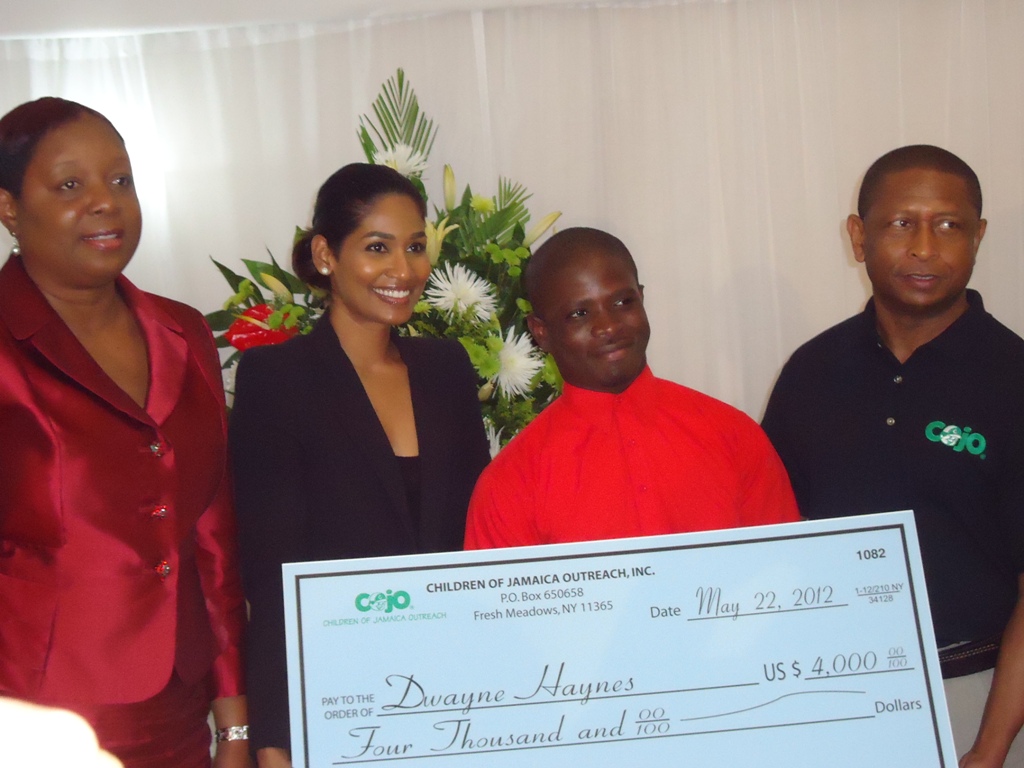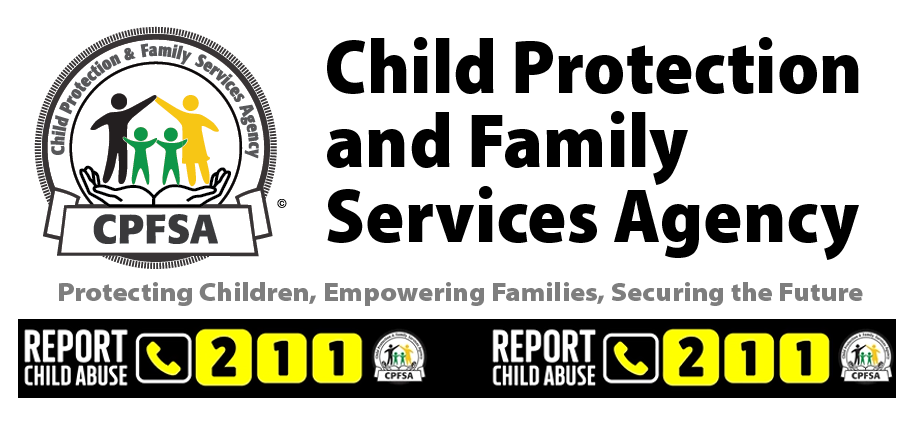
As the Child Development Agency (CDA) steps up its own effort to assist wards to better transition from State care, CEO Carla Francis-Edie is encouraging families, the community and members of corporate Jamaica to help in supporting this vulnerable group.
For many decades and in various parts of the world, children who grew up in State care have faced the daunting reality that when they attain the age of 18, they must leave the confines of their child care facilities and make it on their own in the world.
An average 400 children per year leave state care. Mrs. Edie disclosed that while the CDA is giving greater attention to transitional or independent living programmes to better prepare and assist children to live a stable and productive life after State care, the Agency faces immense challenges and cannot do it alone.
“Over the last several years the CDA has been making an effort to assist a number of former wards of the State to get on their feet, including with financial support to attend tertiary institutions and also in some instances with living accommodation, but the Agency does not have the resources required for a full scale programme,” she explained.
The CEO noted that children currently in State care remain the primary responsibility and focus of the Agency, and that that comes with immense challenges of its own. However, the Agency is concerned about former wards, a particularly vulnerable grouping that is susceptible to negative influences because very often they lack the level of support that they need after exiting the system, Mrs. Edie said.

Critical areas in which support is needed for former wards included continuing education, accommodation, jobs, other opportunities for self-advancement and positive social influences, she noted.
With respect to accommodation, the Agency has established independent or transitional living facilities for former wards at the Muirton Child Care Facility for boys and recently in St. James for girls. Former wards of the State with severe mental and physical disabilities are allowed to continue living at child care facilities across the island.
The Agency is also to partner with private organisations to establish an Independent living facility on the South Coast,” Mrs. Edie noted, adding that that a number of private child care facilities also have transitional living facilities.
“We are seeking partnerships with the business community, as well as support from community members to open their homes to some of these children. Some family members are already helping in this regard, but that others need to get on board.
“It is a reality that in former times, children in State care were viewed as persons to be housed until they attain the age of 18 and not necessarily that the State should help to nurture and shape them into becoming successful citizens. This thinking has now changed,” she observed.
Each year the CDA stages an orientation and expo for children leaving State care to guide them on transacting business; preparing for job-seeking and finding living accommodation, among other guides for life beyond care. The Exodus Expo targets children who will exit care within the next two years, as well as those who have left care, and is an effort to help them navigate the day-to-day of life after state care.
Preparation for Life after State Care
However, preparation for life after State care is now beginning way before that. The focus is on a process called care planning; education and skills training, and measures to effectively socialize children while in care.
“Now more than before, we are beginning the process of planning the children’s exit from care through the care planning process. Care planning is a system that requires the social workers to chart the child’s care and development requirements from entry to exit; it is requiring our social workers to put in place specific plans for the growth and development of each child when they come into state Care,” explained Eunice Scott-Shaw Regional
Director for the CDA’s Western Region.
Mrs. Scott-Shaw further explained that the care plan outlines a child’s background, and their educational; recreational, health and psychological needs. “We are now working to have this process become consistently and more widely practiced throughout both private and public child care facilities.
Education and Skills Training
Furthermore, Mrs. Edie added, all children in State care attend school whether in the wider community or at the child care facility in keeping with the UN Convention on the Rights of the Child and the Child Care and Protection Act.
CDA provides budgetary allocation for education each year and also has a Special Assistant Grant Committee which extends financial support to current wards in non-residential placements attending primary and high school, as well as wards and former wards pursuing tertiary studies and skills training,” Mrs. Edie stated.
Last year some 30 children in State Care, attending high school were recognized for receiving between 5 and 10 passes in the CSEC exams.
The Agency has also forged partnerships which organizations such as the Children’s Outreach of Jamaica (COJO), a New York-based charity which, over the last two years, has provided some $2 million in scholarships and supplies to former wards of the State to attend tertiary institutions. “We need more support of this kind to help our former wards,” she said.
The Agency is also now working to streamline skills training programmes in child care facilities, with effort now underway for more cultural activities to become an integral part of life in the child care facilities. “We are now taking a closer look at the programmes offered in the facilities. The goal is to have certain standardized programmes across homes as well as to have others tailored to the meet the specific needs of children in the homes,” Mrs. Edie said.
“We can do our best to prepare the children, but they will have a better transition from State care and better support, if family members stay connected with them while they are in care and the community embraced them more after they leave,” she said.
Contact: Prudence N. Barnes
Tel: 967-5905
Email: barnesp@cda.gov.jm
Twitter: @cdajm
Facebook: www.facebook.com/child-development-Agency
Website: www.cda.gov.jm
